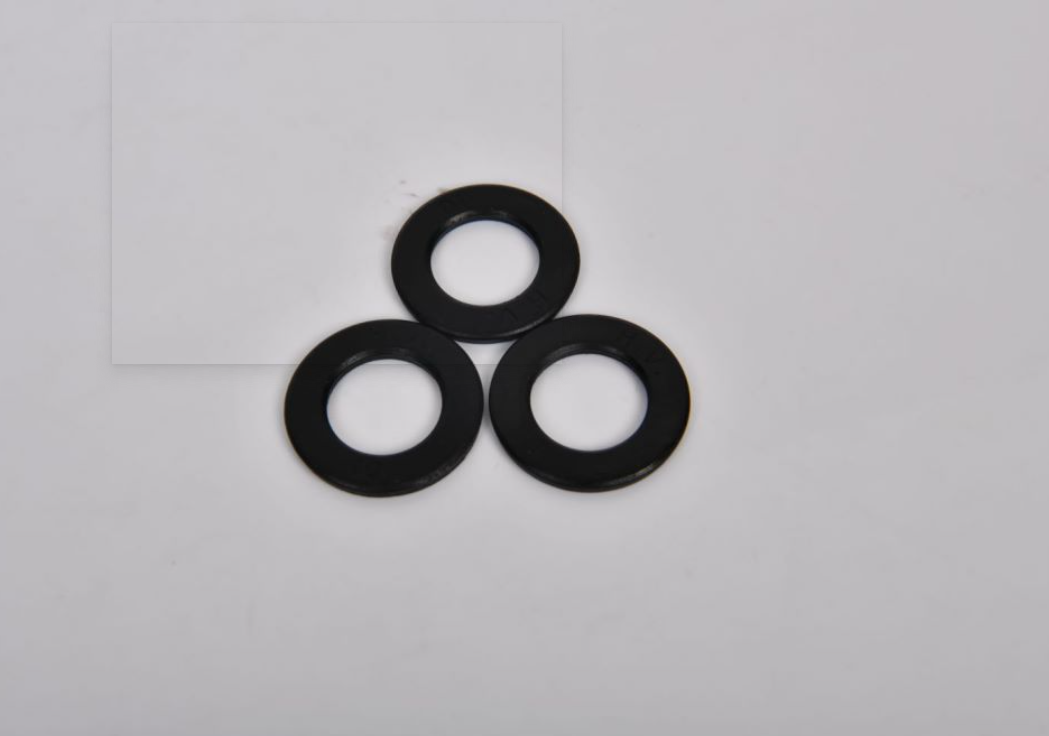best screw for drywall quotes
Choosing the Best Screw for Drywall A Comprehensive Guide
When it comes to hanging drywall, selecting the right screw is crucial for achieving a stable and lasting installation. With a variety of options available on the market, it is important to understand the different types of screws and their specific applications to ensure the best results.
1. Understanding Drywall Screws
Drywall screws are specifically designed for attaching drywall sheets to wooden or metal studs. They typically feature a bugle head, which allows for easy countersinking into the drywall without damaging its surface. The various features of drywall screws enable them to provide a secure hold without the risk of tearing or gouging the board.
2. Types of Drywall Screws
There are primarily two types of screws used for drywall applications coarse-thread and fine-thread screws.
- Coarse-Thread Screws Best suited for wood studs, coarse-thread screws have deeper threads, allowing for better grip in softer materials like wood. They are typically made from steel and are coated to prevent rust. This type of screw is ideal for typical home construction where wood framing is used.
- Fine-Thread Screws Designed for metal studs, fine-thread screws feature closer threads that provide superior holding power in metal structures. If you're working with steel framing, using fine-thread screws is crucial, as they can cut through the metal and lock securely into place.
best screw for drywall quotes

3. Choosing the Right Length
The length of the screw is equally important in ensuring a secure drywall installation. Most drywall sheets are either 1/2 inch or 5/8 inch thick. A general rule of thumb is to choose screws that penetrate at least 1 inch into the stud. Therefore, for standard 1/2 inch drywall, 1 1/4 inch screws are recommended, while 1 5/8 inch screws work best for thicker 5/8 inch boards. Long screws can lead to issues, such as drywall crumbling or split studs, so it’s essential to choose the right length.
4. Coatings and Finishes
The coating on drywall screws also plays a significant role in their performance. Most screws are coated with finishes that help resist corrosion. For areas prone to moisture—such as bathrooms or basements—it's advisable to opt for galvanized or stainless steel screws, which are more resistant to rust and corrosion over time.
5. Installation Tips
Using the correct tools and techniques during the installation process can greatly improve the outcome. Always use a screw gun or a drill with a depth setting to help prevent overdriving the screws, as this can damage the drywall. Position screws approximately 12 inches apart along the studs, and make sure they are driven just below the surface of the drywall for a proper finish.
6. Conclusion
Choosing the best screw for drywall is about understanding the specific needs of your project. By considering the type of studs you are working with, selecting an appropriate length, and ensuring that the screws are properly coated, you can achieve an installation that is both secure and durable. Whether you're renovating a single room or building a new home, investing in quality drywall screws is essential for achieving a professional-looking finish. Remember, the right hardware combined with the right techniques will contribute significantly to the overall integrity of your drywall installation.
-
Top Choices for Plasterboard FixingNewsDec.26,2024
-
The Versatility of Specialty WashersNewsDec.26,2024
-
Secure Your ProjectsNewsDec.26,2024
-
Essential Screws for Chipboard Flooring ProjectsNewsDec.26,2024
-
Choosing the Right Drywall ScrewsNewsDec.26,2024
-
Black Phosphate Screws for Superior PerformanceNewsDec.26,2024
-
The Versatile Choice of Nylon Flat Washers for Your NeedsNewsDec.18,2024










